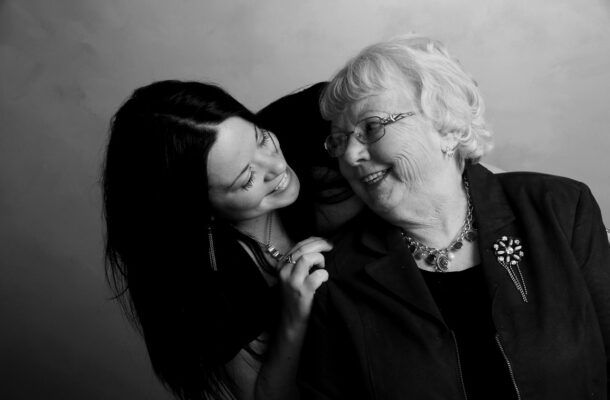Why old might not be gold in filling record numbers of job vacancies

The Federal Government’s plan to let seniors work more hours without sacrificing their pension has been extolled as a potential solution to Australia’s crippling labour shortage.
The plan, to be debated at this week’s Jobs and Skills Summit in Canberra (1-2 September), comes as the official jobless rate crashed to 3.5 per cent in June – the lowest in almost fifty years.
While even the Federal Opposition agrees it makes good sense to allow older Australians to keep their pensions while returning to work, prevailing ageist attitudes in many workplaces will prevent those in their advanced years from making any real dent in filling thousands of job vacancies.
We have come a long way when it comes to embracing diversity and inclusion in the workplace while rejecting vile forms of discrimination including racism, sexism and ableism.
Yet unfair discrimination and stereotyping against individuals or groups based on age continue to thrive.
In the middle of a critical labour shortage, many employers will continue to activate their ageist attitudes by preferring to keep positions vacant rather than taking on an older Australian.
Their assumption is that the greater energy, drive and willingness to work will come from younger applicants or those recruited from overseas.
If seniors are given the green light to return to the workforce without jeopardising their entitlements, many will lodge job applications despite knowing their efforts are likely to be disregarded, ditched or deleted.
Those who go ahead regardless know they are likely to be told by prospective employers that they are “over-experienced”, “over-qualified” or “not quite the right cultural fit” – all code for “you are too old for the job”.
If we are serious about wanting seniors to play a significant role in filling a record number of job vacancies, the starting point must be to rid our workplaces of ageist attitudes and stereotypes.
Stereotypes that continue to strangle the employment opportunities of older Australians include the misapprehensions they are less capable of using technology, resistant to change, prone to illness, slow to learn new things and complete work tasks and also lack much-needed energy and enthusiasm.
Such stereotypes reinforce a one-size-fits-all approach for older Australians and dismiss the fact health, attitude and aptitude vary enormously among seniors.
While busting these and other myths will be a step in the right direction, there is another side to workplace ageism that many are hesitant to acknowledge and address.
Older Australians are being dealt an unfavourable employment hand because many prospective colleagues fear their immense experience.
There are those among us who are concerned that seniors, with years of experience and returning to the workforce, might inadvertently expose our own shortcomings and place us in an awkward position.
After all, an experienced senior worker is able to identify old concepts dressed up as new ones and bad ideas masquerading as good ones.
Australians with years of experience under the belt can see through the meeting mania that pervades many modern workplaces. They can distinguish between those meetings which serve a genuine purpose and those that are called to scrutinise and control even the most diligent of workers.
Their extensive past exposure to workplaces enables the older workers to identify less-experienced colleagues’ attemptsto amplify their own intelligence, fit in with others or cover up their sheer incompetence by using the latest meaningless phrases and buzzwords such as urging co-workers to “go for the low-hanging fruit”, “ping them later” or “buy into a project”.
Years of experience also means that older Australians will be able to pick-up on the straightforward stuff that’s become unnecessarily complicated, call out discourteous behaviours before they become toxic, and distinguish between a co-worker with a poor work ethic and one who is experiencing genuine challenges.
We should use the experience of older workers to our advantage and embrace rather than fear it.
Unless we are able to foster a more positive attitude towards seniors and the contribution they can make to our workplaces, we will lose the opportunity to mobilise what some call “the grey army” to plug the escalating labour crisis.
Being an older Australian does not have to trigger full retirement from paid employment in favour of undertaking volunteer work, pursuing hobbies and travel and taking care of grandchildren.
The so-called “golden years” should be about being able to make choices based on personal circumstances.
After all, aging is not a curse – though ageism is.
Emeritus Professor Gary Martin commenced in the role chief executive and executive director of the Australian Institute of Management WA in 2012. He has overall responsibility for leading all aspects of the Institute’s business, which is focussed on building leadership, management and workplace capability both in Australia and internationally, and across the corporate, government, not-for-profit and community sector








